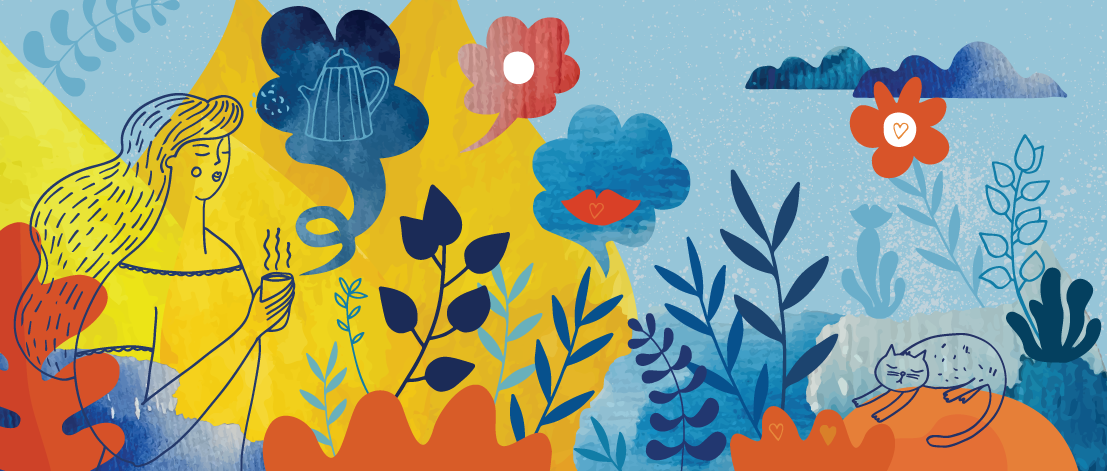
Stress, lack of sleep, unhealthy eating — sound familiar? These all can wreak havoc on your skin, hair and nails, especially this time of year.
Your skin is the largest organ in your body, so keeping it healthy is truly important. Luckily there are simple all-around good-for-you things you can do that also keep your skin healthy, prevent skin cancer and treat common skin problems.
1. Cleanse, Treat and Prevent
Cleansing is an important part of skin care because is removes dirt and bacteria, and the key is to do it gently. Use warm rather than hot water and limit the time you spend in the shower or bath to 15 minutes or less as too much time in hot water strips oils from your skin. Don’t let a 12-hour period go by without using some sort of treatment or product on your skin.
Also, the transition from summer skincare habits to a new seasonal routine helps your skin look and feel its best. The days grow shorter, the temperatures drop, the air becomes drier, and your skin may lose precious moisture. Cool, dry air supplies your skin with less ambient hydration leaving your skin feeling dry and dull. The sun and chlorine from the summer months may have taken a toll on your skin throughout the summer as well. For patients with dry or combination skin, changing weather means it is time to change to a moisturizer with more hydration properties rather than the light summer lotions that you may or may not have been using. Even patients with oily complexions may benefit from a richer moisturizer.
2. Protect Yourself from the sun
One of the most important ways to take care of your skin is to protect it from the sun and this includes tanning beds. A lifetime of sun exposure can cause wrinkles, age spots and other skin problems-as well as increase the risk of skin cancer. Even during the fall and winter months, it is important to continue using your sunscreen. UVB rays vary in intensity during the different seasons, but UVA rays are always present, and they damage deeper skin layers, resulting in premature aging and increased risk of skin cancer.
3. Don’t Smoke (and watch the alcohol)
Smoking narrows the tiny blood vessels in the outermost layers of skin, which decreases blood flow and depletes the skin of oxygen and nutrients. It also damages collagen and elastin and the repetitive facial expressions that are made from smoking can contribute to wrinkles. Drinking alcohol can make your body and skin dehydrated, leaving the skin looking old and tired, so if you are drinking alcohol, drink plenty of water and stick to sensible amounts.
4. Manage Stress
Stress can wreak havoc on your skin, hair, and nails. It can worsen psoriasis or rosacea, result in acne lesions that are more inflamed and persistent, cause brittle nails, lead to hair loss and so much more. Consider using stress-management techniques. Set reasonable limits, scale back your to-do list and make time to do the things you enjoy.
5. Eat a Healthy Diet
A healthy diet can help you look and feel your best. Fresh vegetables, fruits, whole grains, and lean proteins can lead to healthier skin. The association between diet and acne is unclear, but some research suggests that a diet rich in vitamin c and low in unhealthy fats and processed or refined carbohydrates might promote younger looking skin.
6. Get enough quality sleep
Sleep is essential for healthy skin. Not enough quality sleep will make your skin look tired and older, especially bags under your eyes. Make sure you have plenty of physical exercise as this reduces stress and creates a healthy tiredness that helps sleep.